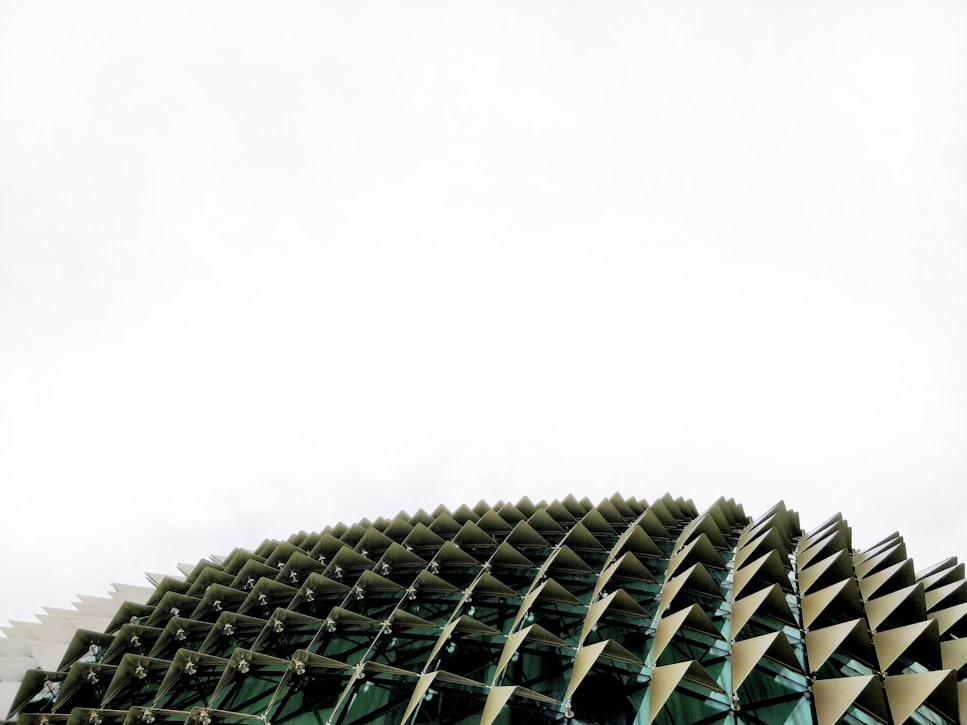How Luxury Brands Use Visualization To Improve E-commerce Experience
E-commerce shopping is the new trend. In fact, this has been the shopping trend for at least the past decade. When Amazon launched its e-commerce marketplace in 1994, consumers did not catch on as quickly as the company would have liked. Nearly 20 years later, Amazon is the biggest online marketplace. The company claims its marketplace is worth about $1 trillion, as share prices continue to soar over $3,000.
 Join a WhatsApp channel that posts ONLY UK visa sponsorship jobs:
https://whatsapp.com/channel/0029Vb6IqsxGJP8LdarxD53S
Join a WhatsApp channel that posts ONLY UK visa sponsorship jobs:
https://whatsapp.com/channel/0029Vb6IqsxGJP8LdarxD53S
How is it that Amazon and other popular e-commerce brands are thriving? Well, some experts believe it has to do with superior online visibility. This combined with a superior customer service reputation, Amazon continues to push forward. What about other e-commerce marketplaces? How are luxury brands staying competitive in one of the world’s most competitive markets? Find the answers to the questions and more about 3D visualization by reading the content provided below.
Gone Are The Days Of Boring Two-Sided Product Images
As more and more consumers turn to e-commerce shopping, luxury brands are striving to keep their competitive edge. Unfortunately, some of these brands are failing because they refuse to take advantage of the available technologies, such as 3D visualization. What exactly is 3D visualization? What role does 3D visualization play in the e-commerce world?
First and foremost, 3D visualization is transforming two-dimensional product images into three-dimensional product images. Why is this important? Well, it improves the way consumers visualize e-commerce product images.
Instead of staring at a boring product image with only two dimensions, you find yourself mesmerized by life-like three-dimensional images. With the help of Digital Asset Management, luxury brands can transition from a traditional e-commerce store to a modern-day e-commerce store with 3D product images.
360-Degree Visualization
Do you have a history of online shopping disappointments? Be honest with yourself and everyone else. E-commerce shopping has a boatload of benefits. These benefits are not limited to larger inventories, more versatility, improved flexibility, and easier accessibility.
With upsides, e-commerce shopping comes with a few downsides. The biggest downside to online shopping is no interaction between the consumer and the product. What this basically means is online shopping does not offer consumer/product interaction. Consumers make their decisions based on several factors, including customer reviews, product ratings, description content, and images.
The good news is the traditional e-commerce product image is becoming a thing of the past. With the help of 3D imaging, e-commerce vendors can create 360-degree visibility.
Eliminating The Guesswork With 3D Visualization
Just how many consumers do you reckon have made purchase decisions utilizing guesswork? There are just too many to count them. When you are left to guess if a product will meet your satisfaction and needs, your odds of getting the decision right the first go-round decreases by the second.
3D visualization is nothing short of 360-degree visualization, which gives consumers more confidence to shop online. This technology allows consumers to utilize their natural depth perception, resulting in life-like shopping experiences.
View appliances, electronics, footwear, attire, and household products in 3D. This technology provides consumers with a better perception of products, eliminating guesswork.
Disclaimer
Table of Contents
